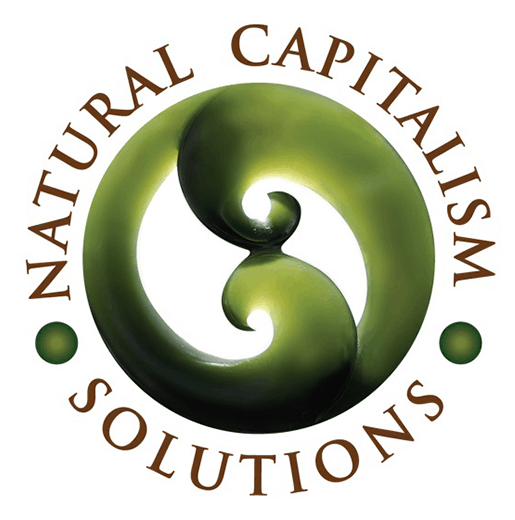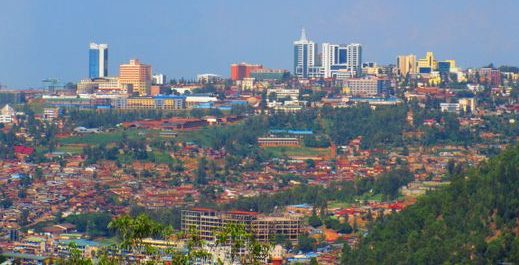Jock Gilchrist, Research Fellow, Natural Capitalism Solutions
Conventional wisdom says that big business avoids regulation like the plague. Regulation burdens companies, stifles innovation, and thwarts the wisdom of the free market. Or so goes the neoliberal narrative.
But is it true? One recent example from international policy suggests the opposite.

The Kigali Amendment, an agreement between countries negotiated in 2016 regulates a chemical used in refrigeration and air conditioning. Instead of lobbying against the US’s ratification of the amendment, industry trade groups vocally supported it – along with the US Chamber of Commerce and over a dozen Republican Senators.
The Kigali Amendment: Born in a Seminal Moment of Global Cooperation
In the late 1980s, the public and policymakers alike came together to address a shared global problem: the depletion of the ozone layer. A thinning ozone layer would mean skyrocketing levels of skin cancer and sunburn and damage to flora and fauna worldwide.
In a rare feat of international cooperation, the world’s governments signed the Montreal Protocol in 1987. The Protocol phased out harmful ozone-depleting chemicals. Since then, the ozone layer has begun to heal and is expected to fully recover later this century.
But the story doesn’t end there. A new class of chemicals called hydrofluorocarbons (HFCs—also used for refrigeration and air conditioning) replaced the chemicals the Montreal Protocol banned. While HFCs do not deplete ozone, they worsen another international challenge: global warming. HFCs can trap up to 4,000 times as much heat in the atmosphere as carbon dioxide, making them potent greenhouse gases.
The Kigali Amendment to the Montreal Protocol phases out HFCs, much in the same way the Montreal Protocol phased out ozone-depleting substances. Eliminating HFCs and other short-lived greenhouse gases would avoid half a degree Celsius of warming by 2050, buying us crucial time to meet Paris Agreement targets and transition to a regenerative economy.

What makes the Kigali Amendment unique is the support of the industry it regulates. Two industry trade groups produced a study showing that ratifying the Amendment would increase US manufacturing jobs by 33,000, increase US exports by $5 billion, and reduce imports by $7 billion in the next 8 years. The Amendment thus gained endorsements from its unlikely sponsors.
Economically and Environmentally Beneficial
In January 2019, the nations of the world ratified the Kigali Amendment. US industry cheered. They wanted to be bound by universally agreed standards, so they are on a level playing field in the global market. Without a mandate to phase out HFCs, US companies would be at a disadvantage if they try to export their products to countries that have stricter standards than the US. Global regulation of HFCs would provide long-term certainty to US companies and ensure they remain economically competitive.
The Kigali Amendment is an example of the ways in which the economy and the environment can both win. In the old economic narrative, the economy and the environment are at odds with each other. Big business fights for the right to operate without regulation and the environment was an afterthought.
But in the new economic narrative—one Natural Capitalism Solutions is working to spread—a robust economic web embedded in a thriving planet is not only necessary, and not only possible, it is already emerging. Industry support of the Kigali Amendment is proof that business and environment can mutually support each other in providing and protecting well-being for us all.
Photo credit:
Johnson, A. (2018, November 16). What of the Kigali Amendment? Retrieved from https://refrigeranthq.com/what-of-the-kigali-amendment/


Leave a Reply